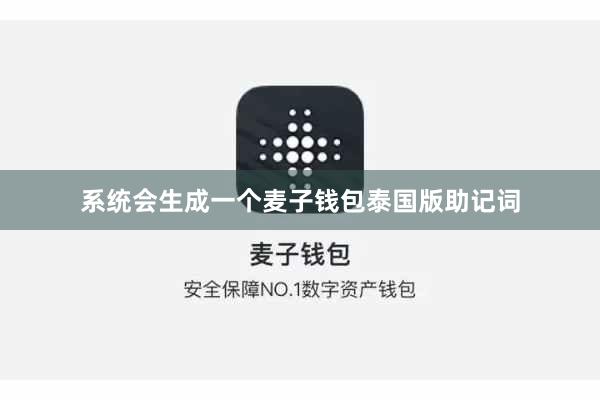麦子钱包
你的位置:麦子钱包 >
- 让用户可以轻松管理自己的数字资麦子钱包越南版产 2025-12-12
- 将用户的大部分数字资产存储在冷麦子钱包多语言钱包中 2025-12-12
- 麦子钱包还提供了多种麦子钱包香港版理财产品 2025-12-12
- 麦子钱包还采用多重签名技术和两步麦子钱包泰国版验证等安全手段 2025-12-12
- 麦子钱包提供了便捷快速的数麦子钱包香港版字货币交易服务 2025-12-09
- 麦子钱包麦子钱包印尼版提供了便捷快速的数字货币交易服务 2025-12-09
- 作为一款涵盖了多麦子钱包多语言种功能的数字货币管理工具 2025-12-09
- 麦子钱包采用了最先进的加密麦子钱包泰国版技术 2025-12-09
- 麦子钱包还提供了丰富麦子钱包越南版的投资服务 2025-12-09
- 使得用户能够轻麦子钱包香港版松上手 2025-12-07






